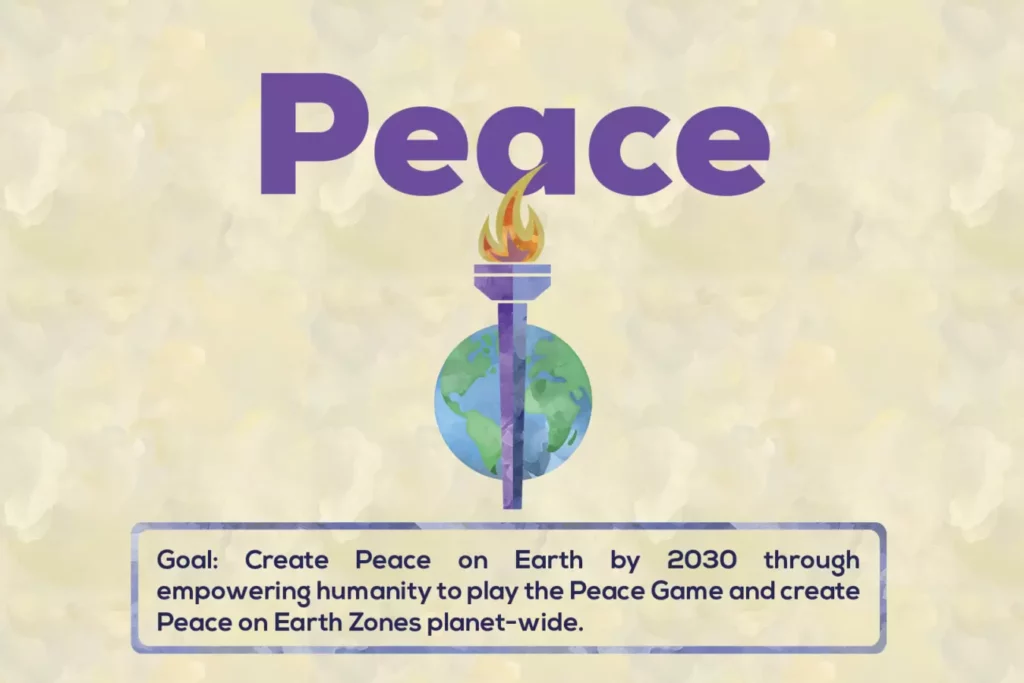
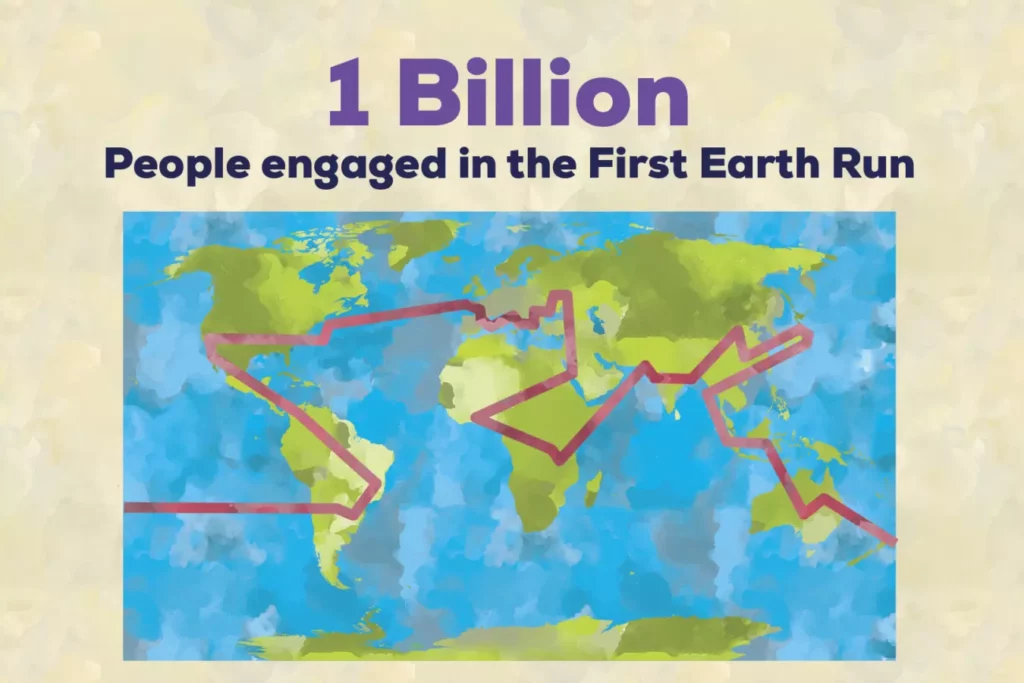
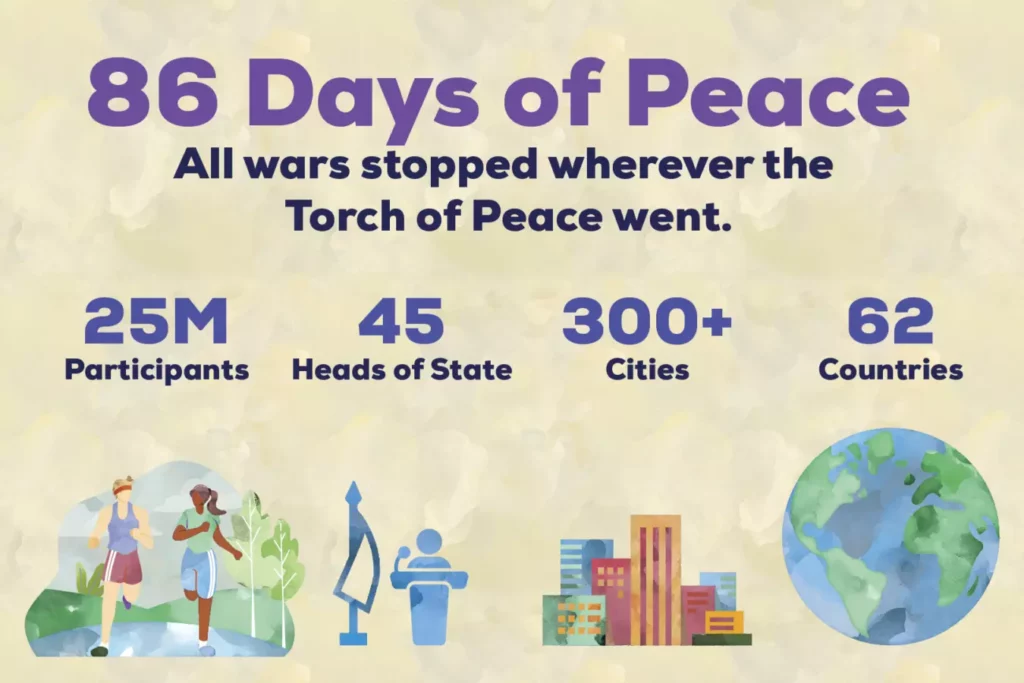
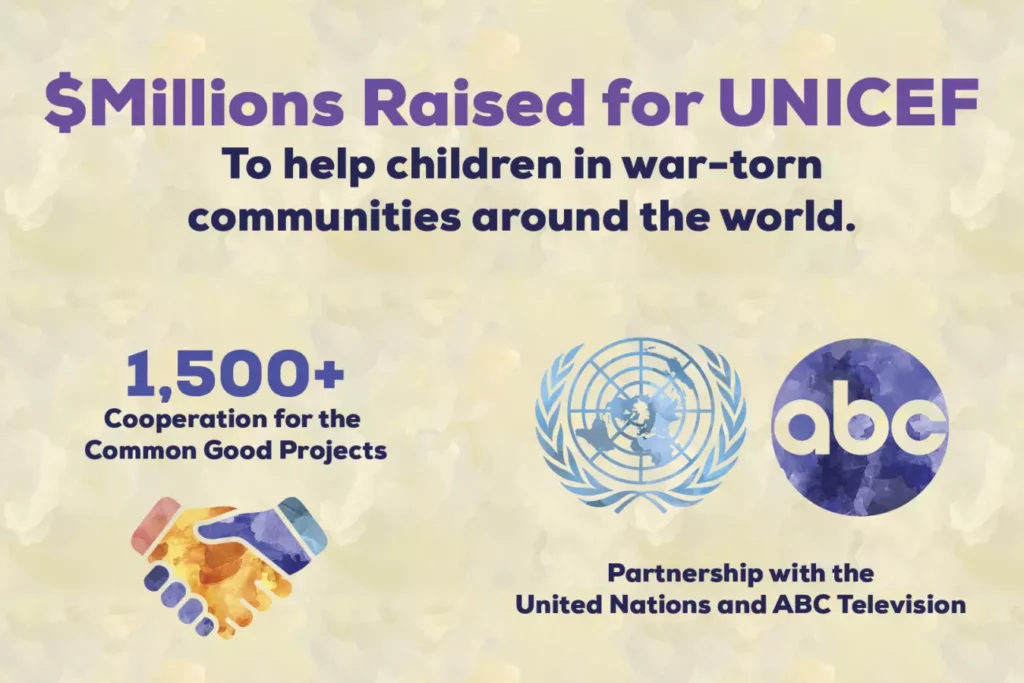
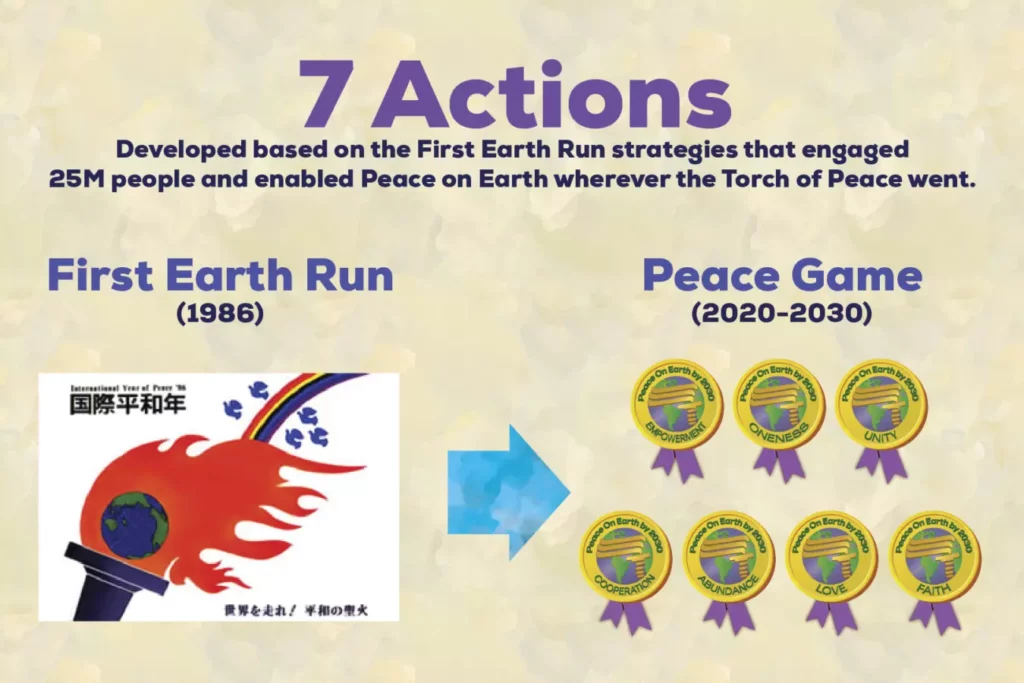
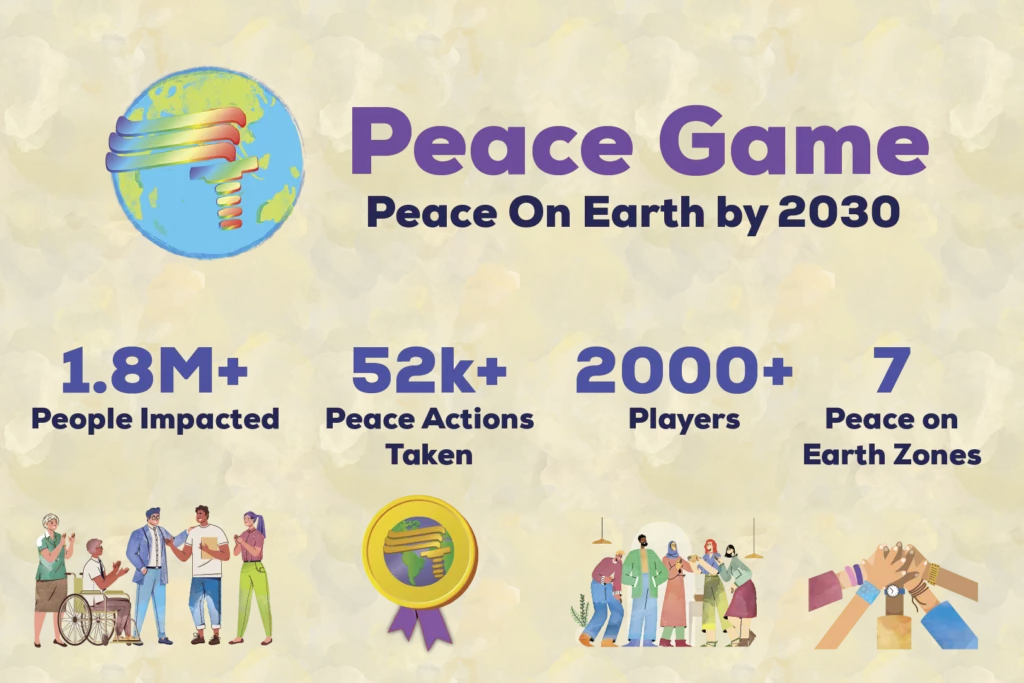
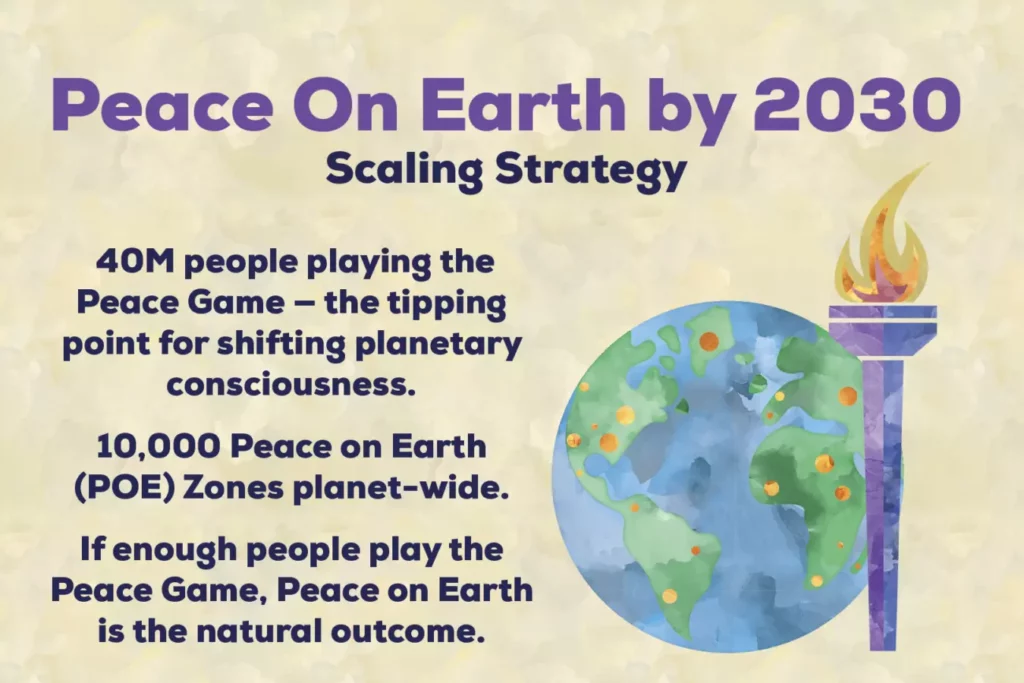
What follows is the data analysis, assumptions and algorithms for the Impact Report’s quantitative metrics as of March 2024. It includes direct impact and indirect impact or long tail impact from the ripple effect where relevant.
1 billion people impacted by the First Earth Run: This is based on our estimate, and that of our partner UNICEF, of the amount of people who were aware of the First Earth Run through worldwide television and newspaper coverage.
Note: This number is conservative as the story of the First Earth Run has continued to be told and retold over the ensuing four decades.
25 million people participated: This is based on an estimate of crowd sizes aggregated from various events across hundreds of cities in 62 countries and along the relay route.
45 heads of state participated: This is based on our analysis of the number of heads of state who participated either directly or indirectly in the First Earth Run.
62 countries participated: This is based on the number of countries that either participated on the main relay route or tied in through torch bearers bringing the fire back to their countries.
300 plus cities participated: This is based on the number of cities we worked with across the 62 countries.
Note: Thus is a conservative number as many more cities than the ones we directly engaged with participated.
1,500 plus cooperation for the common good projects: In each city we selected five cooperation projects to “shed light upon” and honor with peace medals. 300 x 5 = 1,500 projects.
This is based on the number of POE Partners participating in furthering the Peace on Earth by 2030 movement through engaging their networks to play the Peace Game and start POE Zones. This number is rapidly growing.
7 Peace on Earth (POE) Zones: These are our seven pilot Peace on Earth Zones: Kabul, Afghanistan; Butula, Kenya; Al Houz, Morocco; Cape Town, South Africa; Awutu, Ghana; Crestone, Colorado and Louisville, Kentucky. A dozen more are in the pipeline.
In January and March 2024 Peace Game players rated how closely they identify with a series of statements about their beliefs, behaviors, and worldviews. The results visually represented in the Slide 5 bar chart show noticeable differences in the average scores from pre- to post-.
Across the board, the self-reported findings show the Peace Game had a positive impact on participants. The statistical significance of these changes suggests that over the course of the Peace Game participants’ outlooks and actions were effectively enhanced in multiple meaningful ways. These were the areas of greatest positive change.
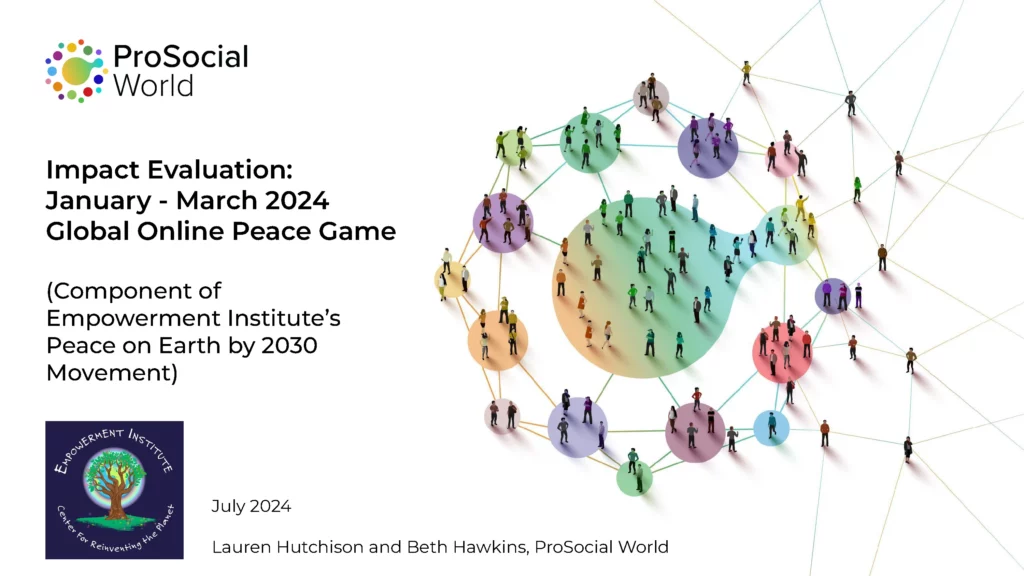
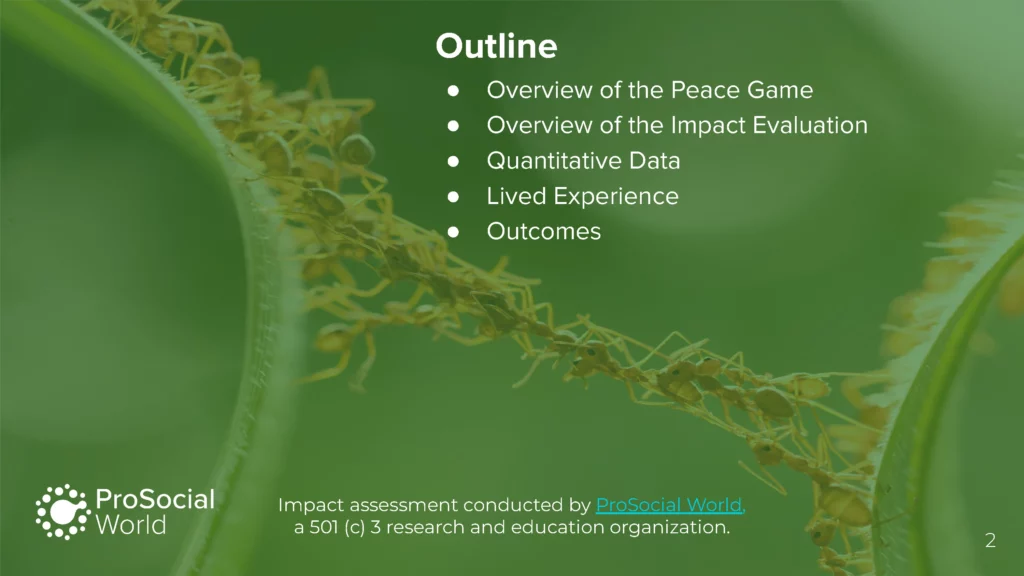
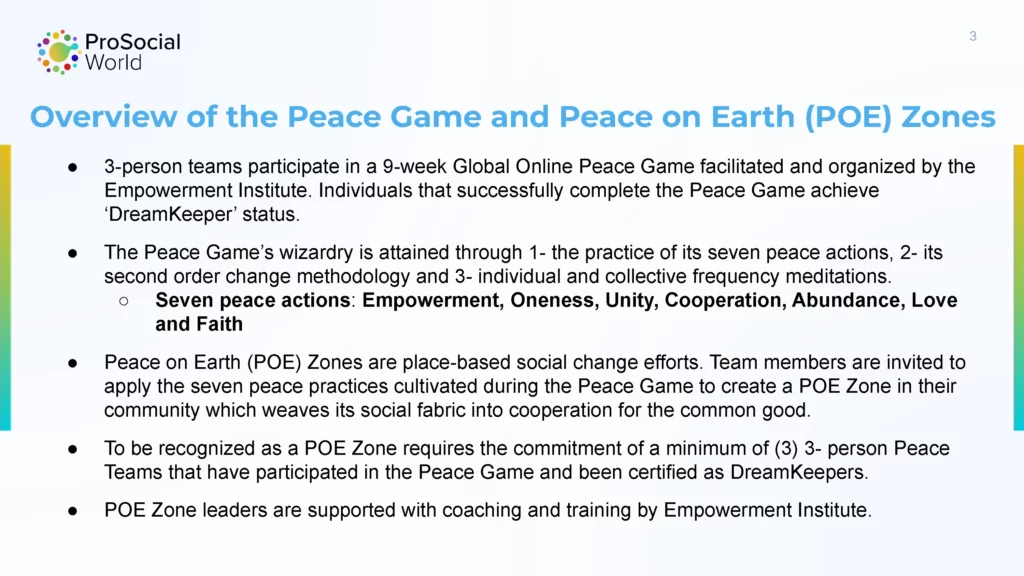
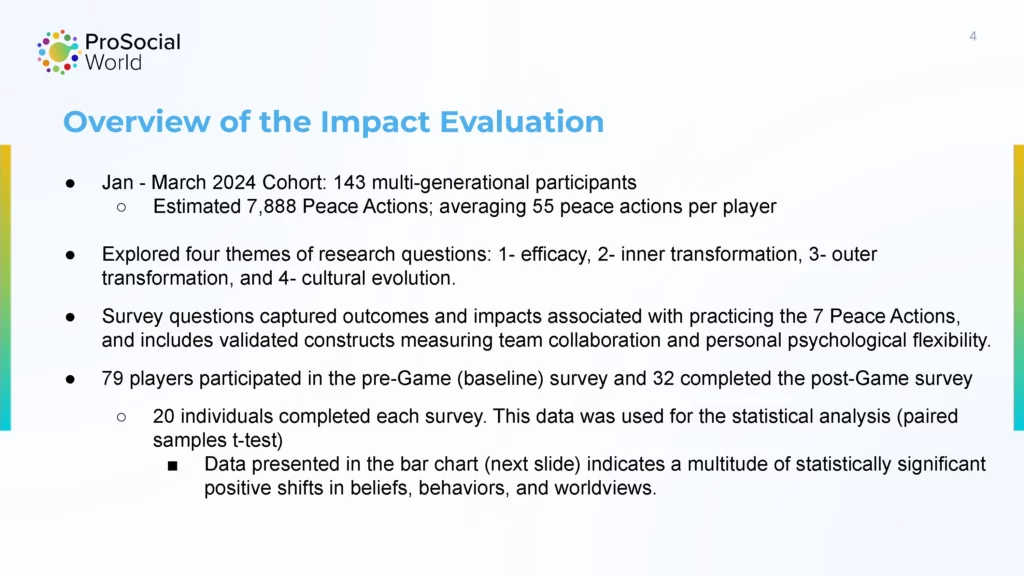
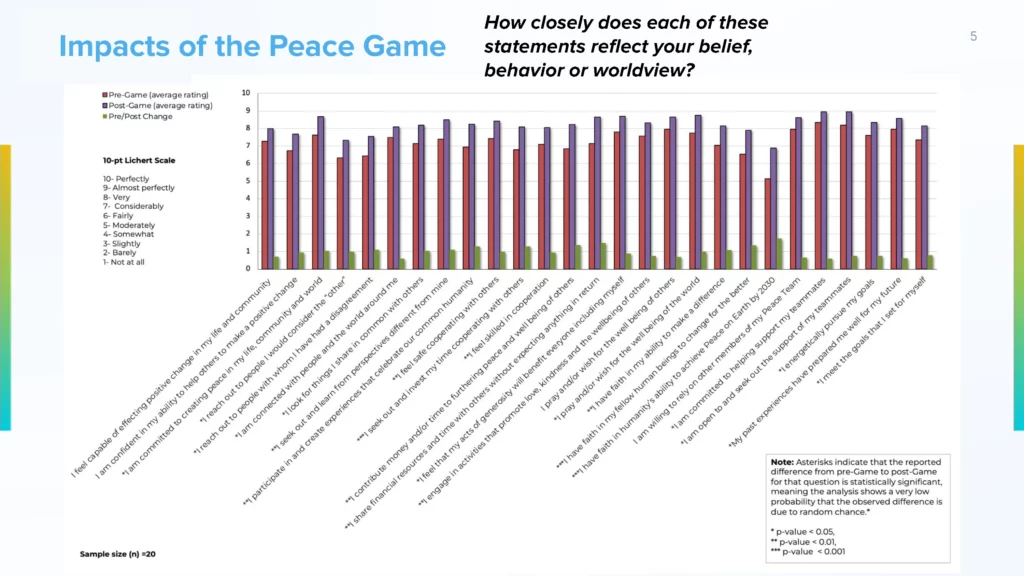
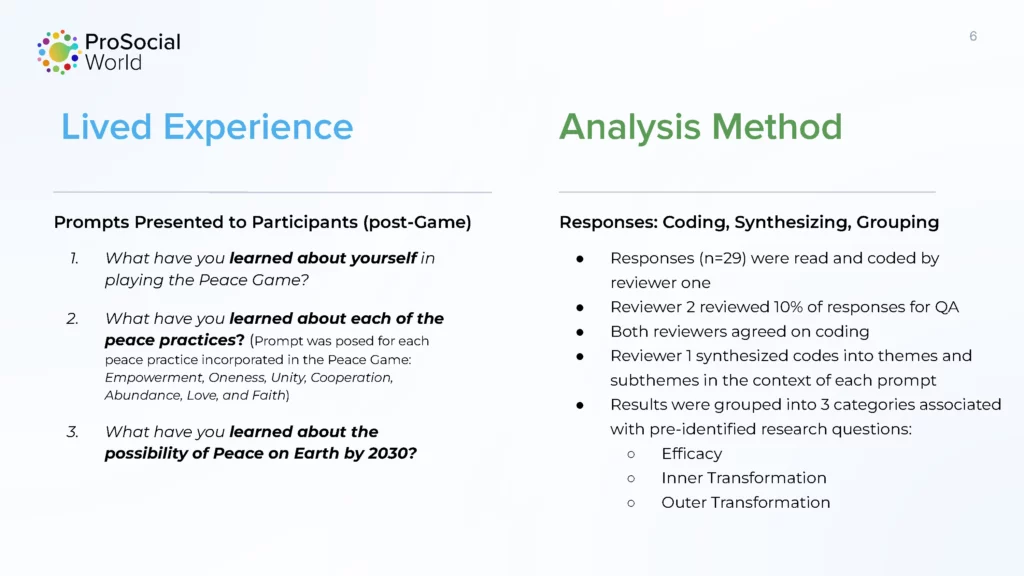
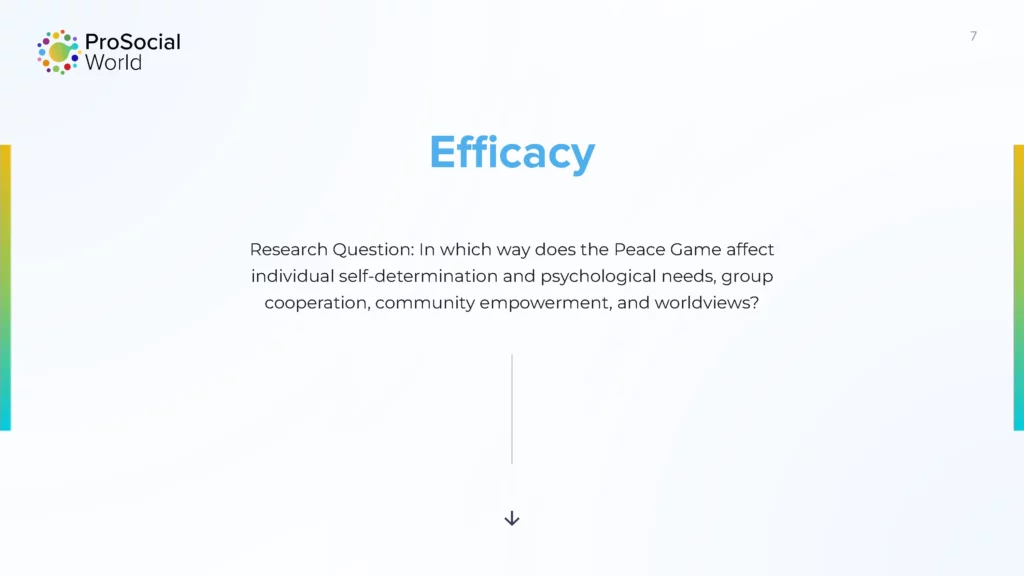
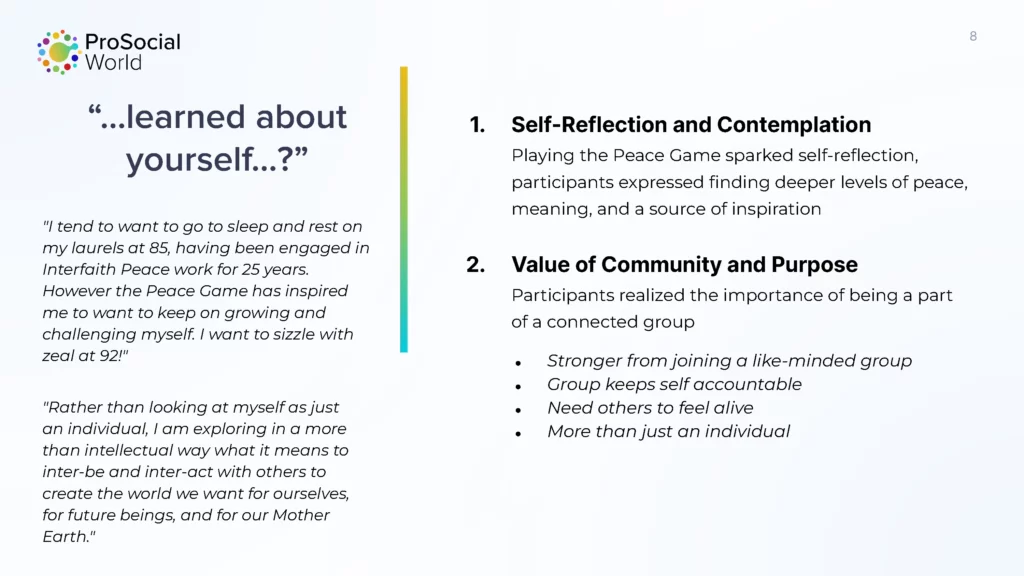
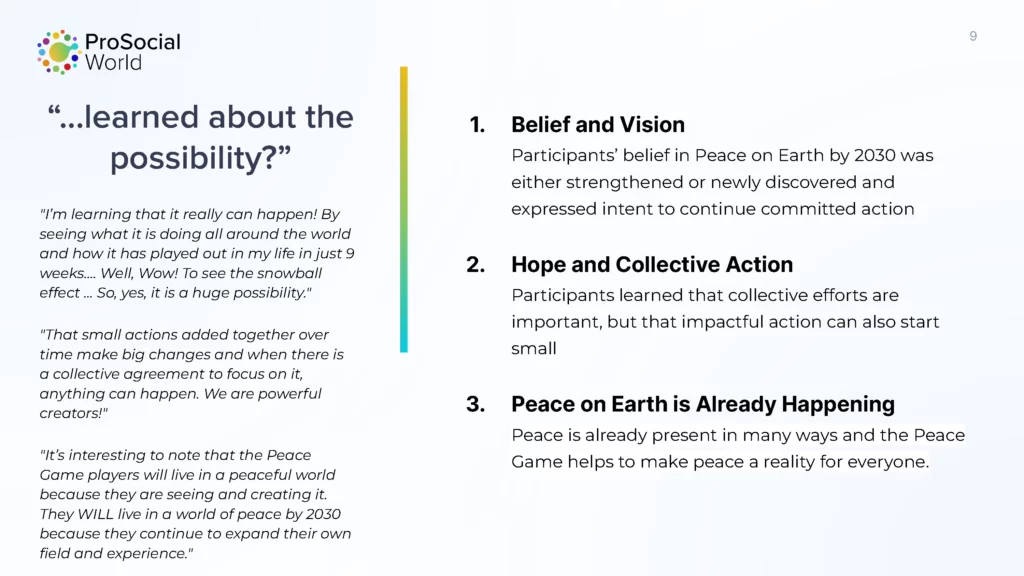
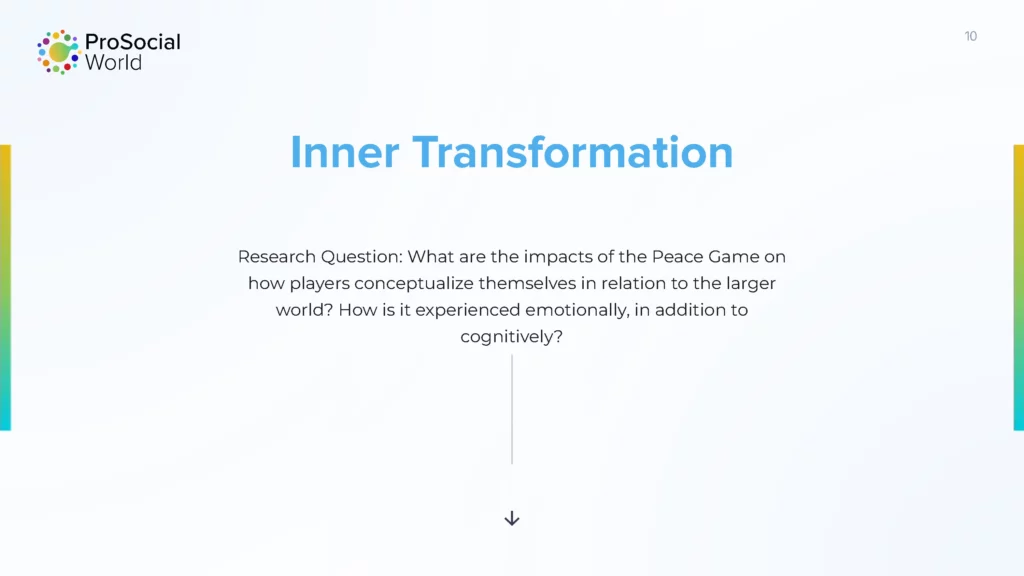
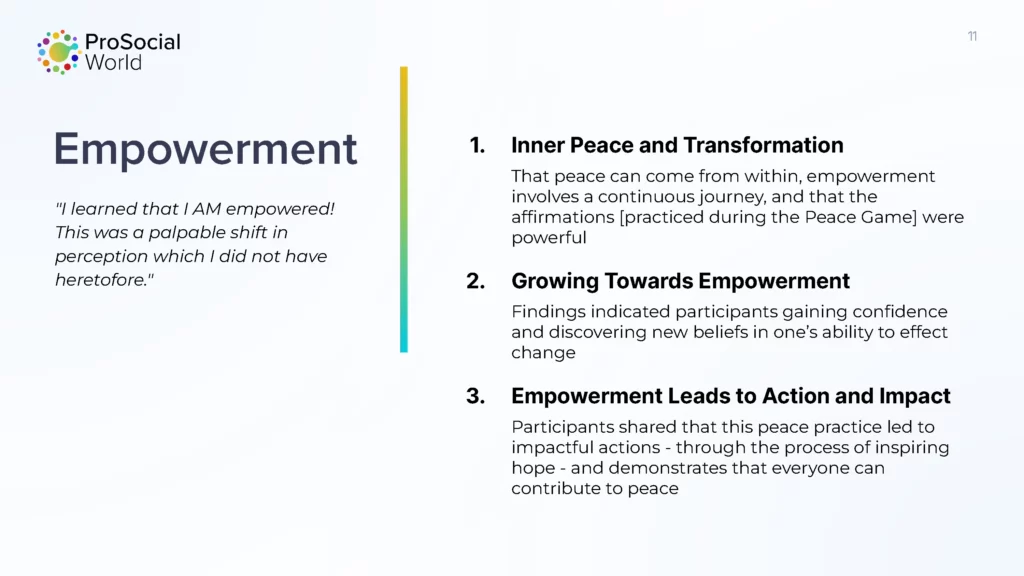
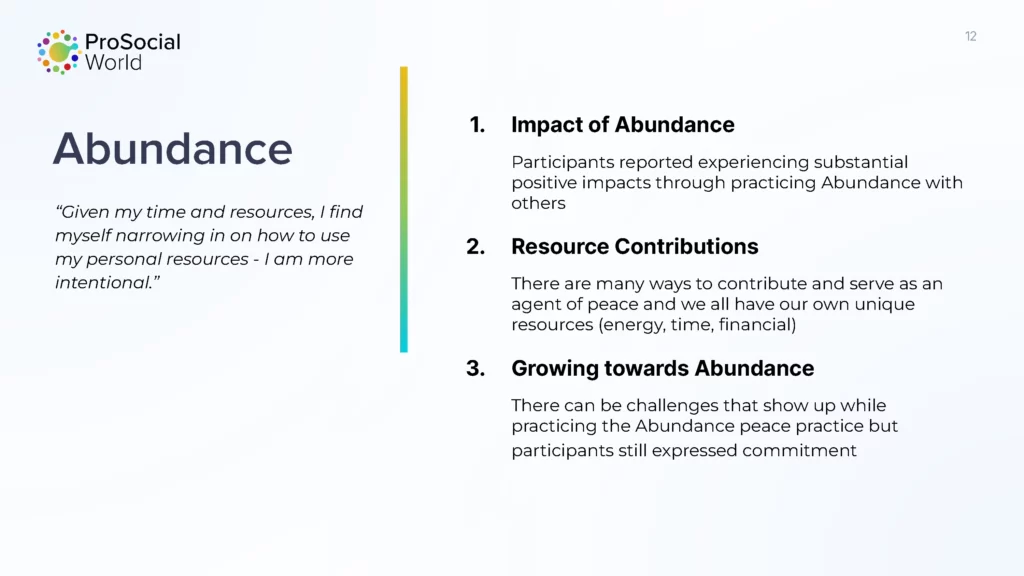
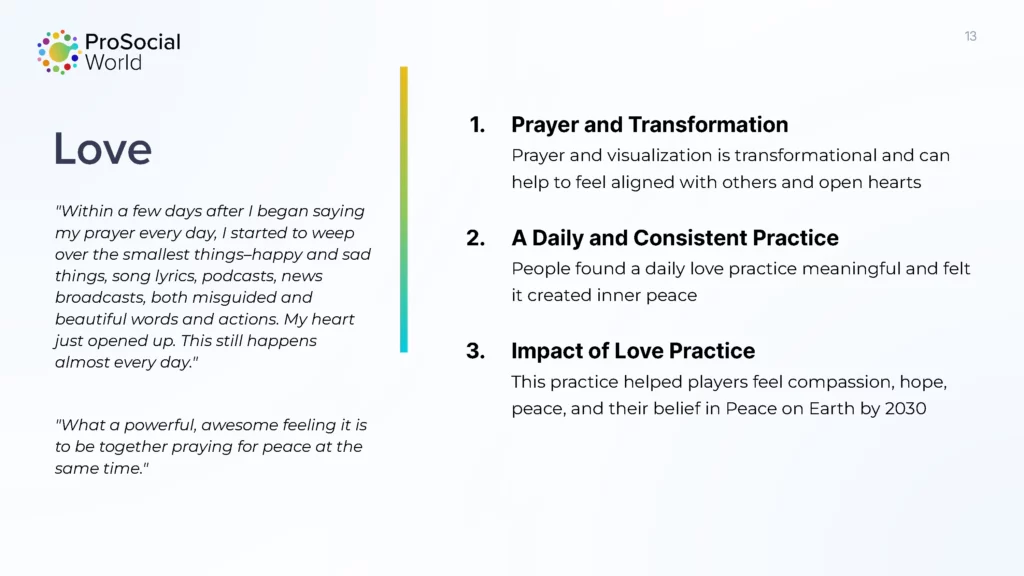
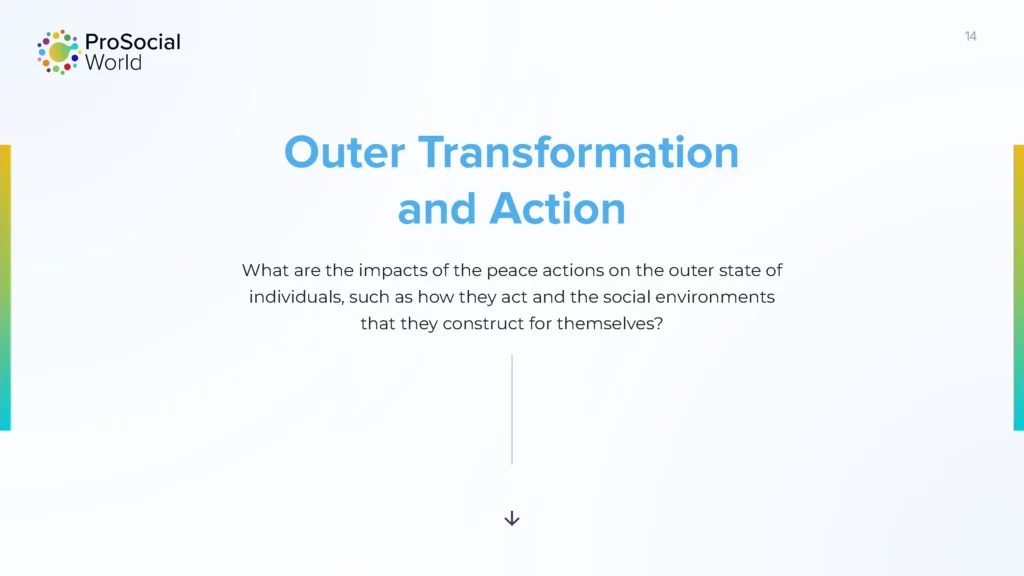
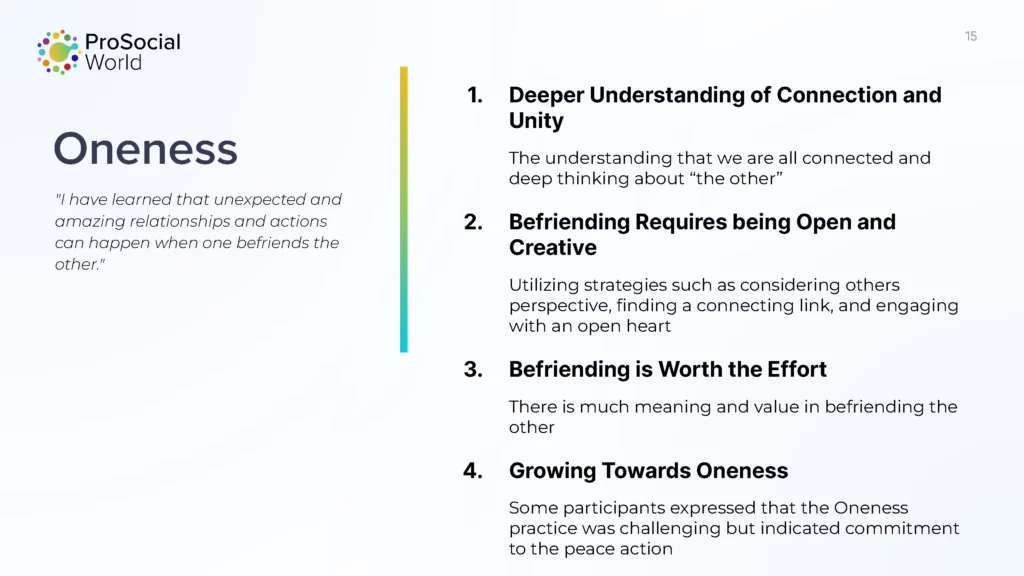
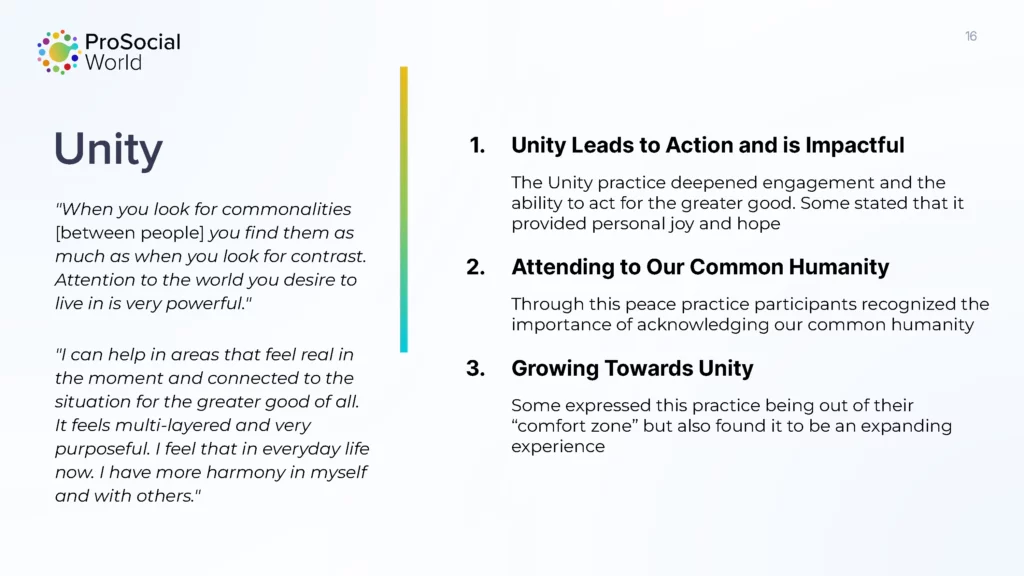
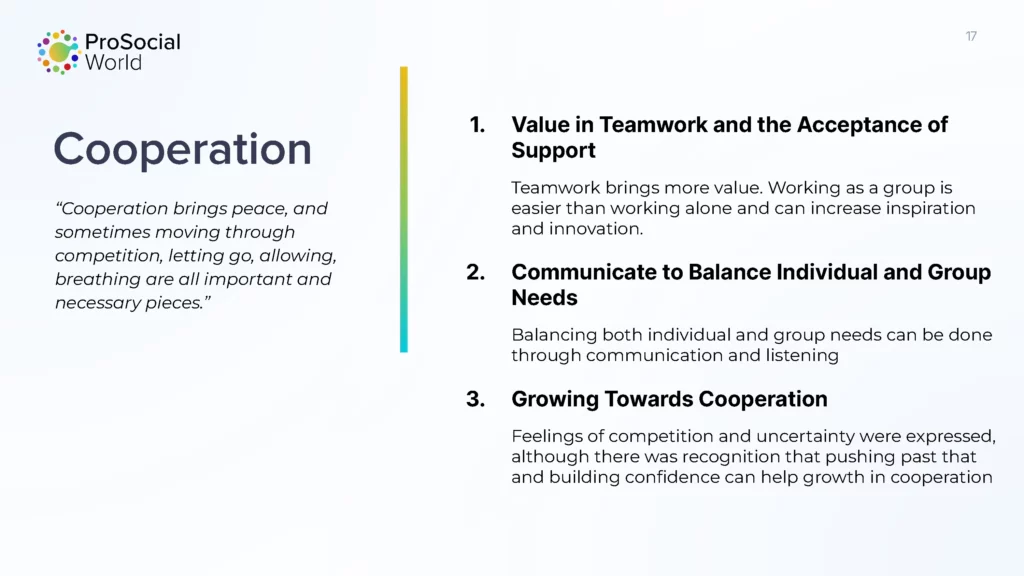
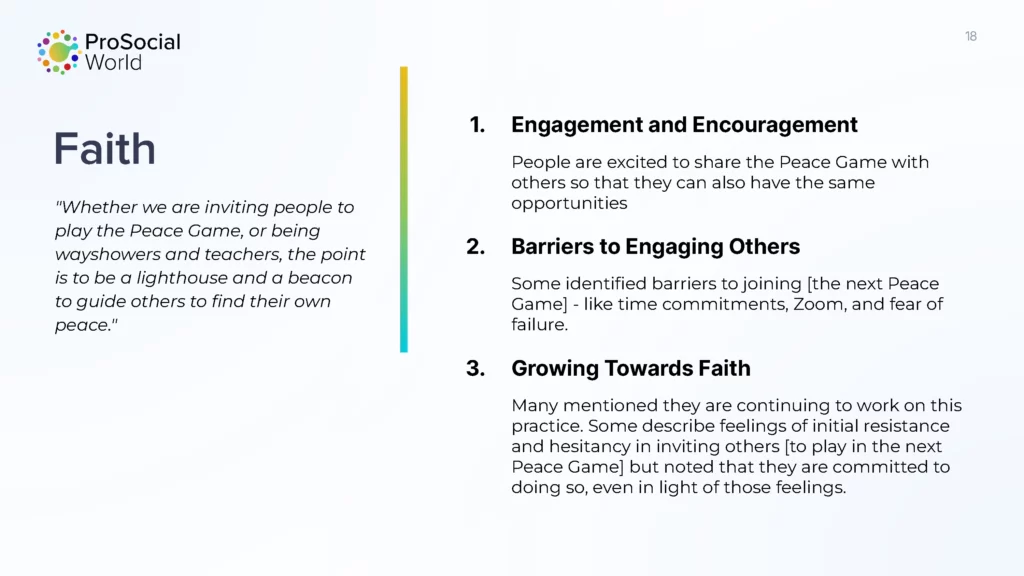
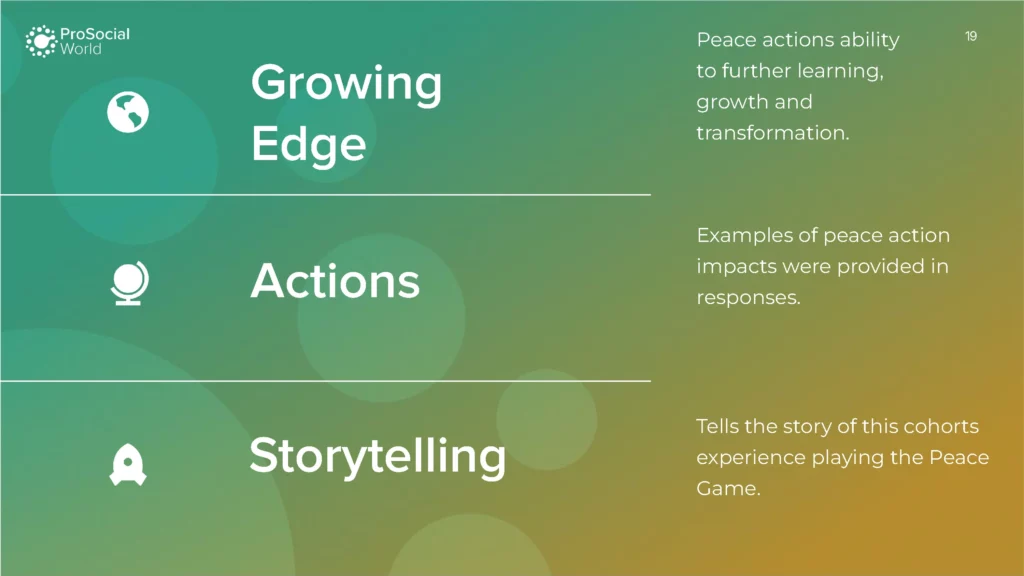
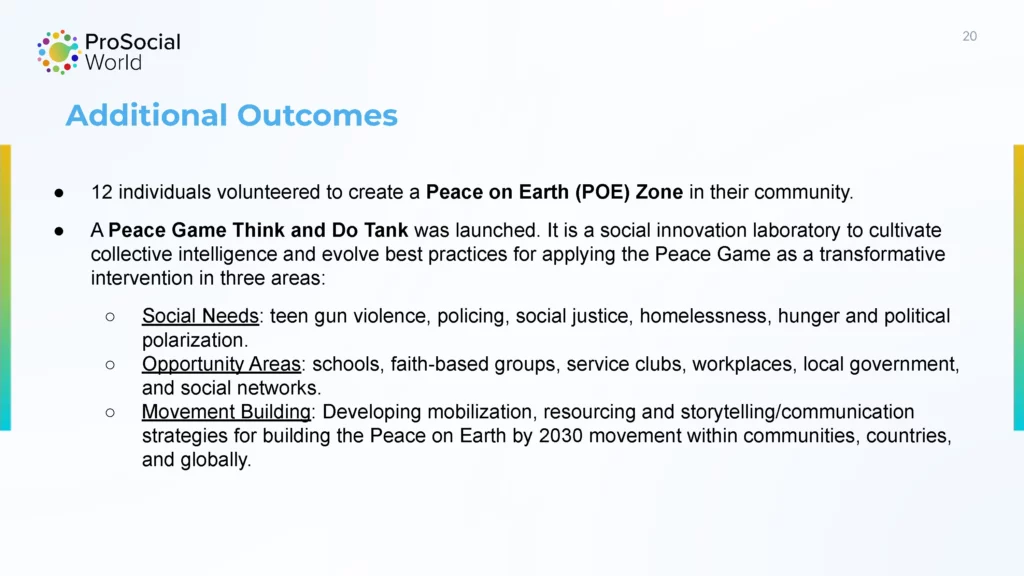
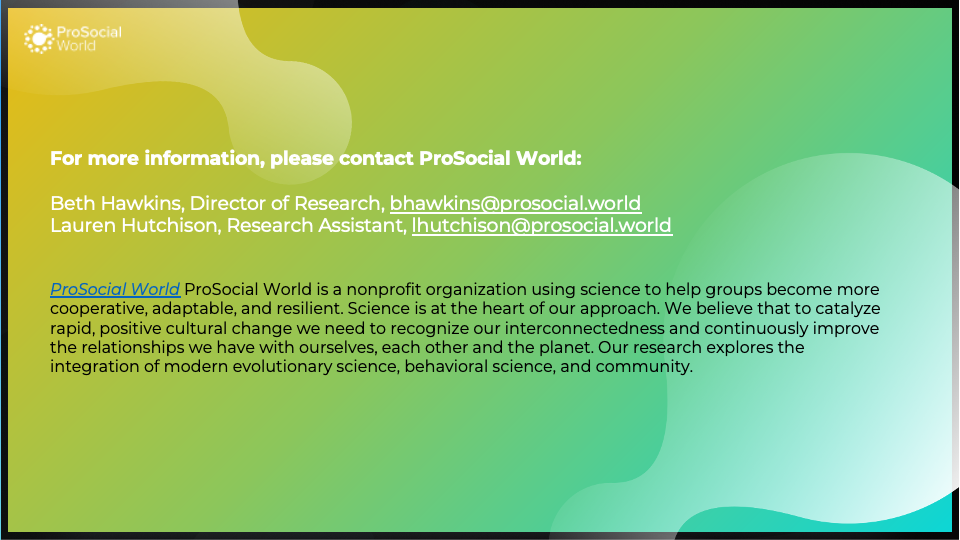

The Impact of the Peace Game at the University of the Western Cape, Capetown, South Africa